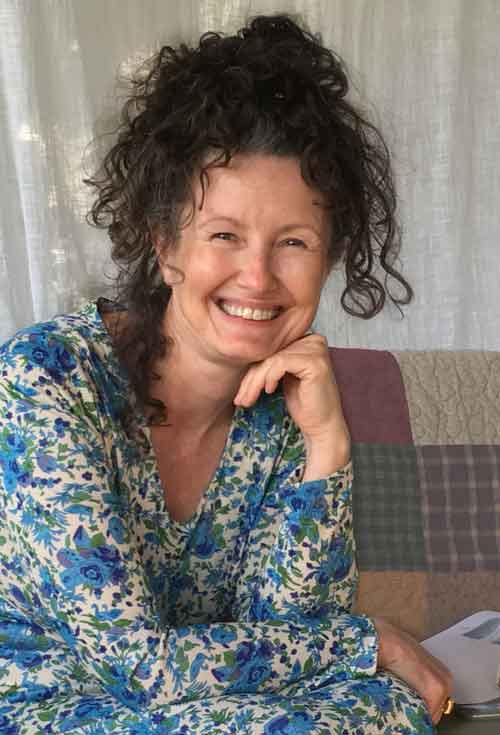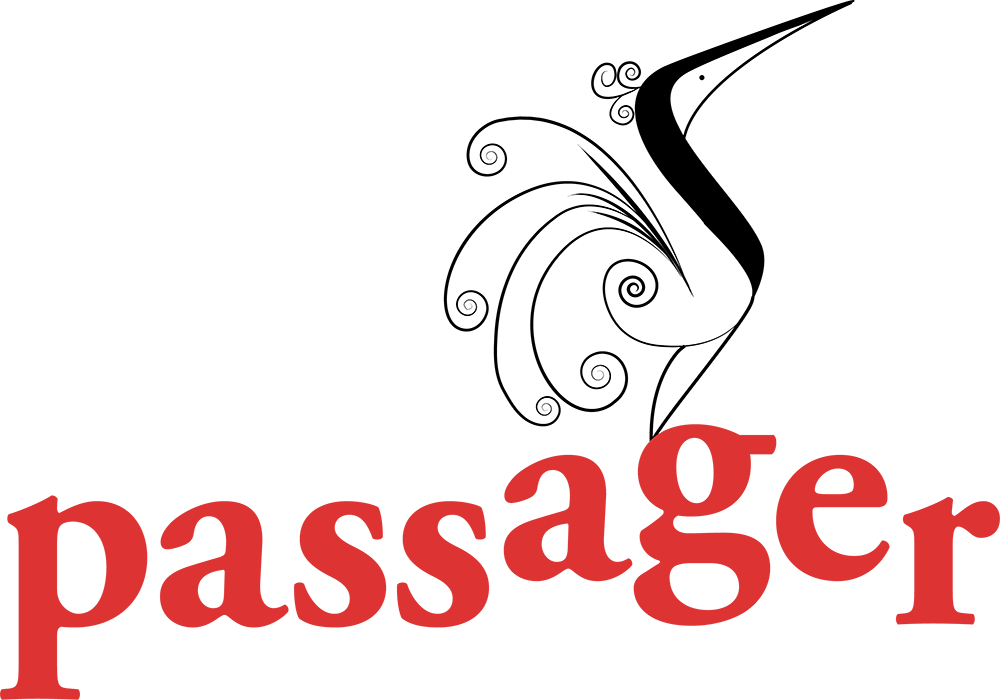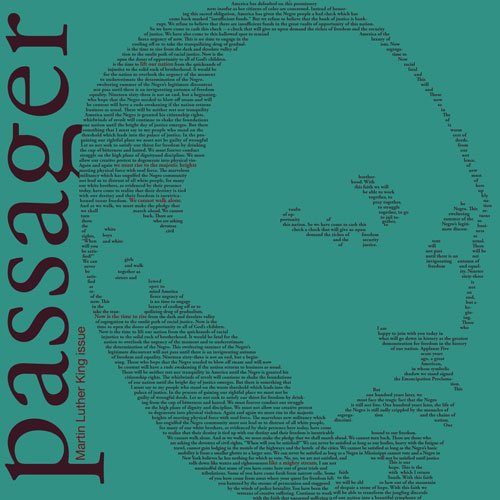The Trauma Issue



Taking a deeper look into our invisible, innermost scars, with poems by Tonia Dixon, Kelly Madigan and Diana Fusting.
8 minutes
TRANSCRIPT
On this slightly longer than usual episode, three pieces from the brand new Issue 74, the Trauma issue. Some of the pieces in the issue are about the results of generations-old trauma; others, about the trauma of growing up in dysfunctional families.
Tonia Dixon said that the writer bell hooks described the dysfunction of love in the Black community, saying, “Often, children will want to remain with parental caregivers who have hurt them because of their cathected feelings for those adults . . . usually by denying the abuse and focusing on random acts of care.” Tonia said that when she read that, she knew her own silence was broken. Here’s her poem “Spoil the Children.”
She was continuously on a witch hunt
looking for proof that we warranted
her whip across our bodies. We counted
the welts left over from her obeying scripture:
to keep us from wandering – unblemished by
pleasures – for missing curfews, discovering
kisses, leaving the gate unlatched, or
because the towels were left on the
clothesline in the rainstorm.
These minor infractions
did not warrant the burn of bruises,
the passing of Witch Hazel from hand
to hand to soothe the physical pain.
But the emotional injuries did not stop us from
shaking the stick at our own children. We did not
use the slaver’s tools for insurrection, instead, belts
and broomsticks became our weapons for bringing
correction to our children. Fear raised us all
instead of affection, like love made us too soft
for the harsh reality of being Southern Blacks,
so we prepared for the world’s injustices at home.
“Spoil the Children,” Tonia Dixon.
This is only the second time Passager has published a theme issue. The first was in 2008 with an issue related to the work of Dr. Martin Luther King. And this issue is noteworthy for another reason, too. It’s the first time Passager has had a guest editor. Passager’s editors were thrilled that Chris Lincoln agreed not only to guest edit, but to bring her editorial vision to this issue.
Kelly Madigan said an old friend invited her to a baby shower for her long-dead grandmother whom she said would not have been given one as an unmarried pregnant woman back then. Kelly said, “This is the poem that came, my gift to Iva.”
“Retroactive Baby Shower for Iva” begins with an epigraph from the book A Course in Miracles: “Let miracles replace all grievances.”
The baby of the baby of the woman
reaches back, herself now grown,
and adjusts the lens.
We till up the past in cycles,
and by turning and turning,
something new is lifted up
from the mired relation.
An attempt to imprison
the Divine Feminine, to own
and control her mysterious
sexuality, has imprisoned all
who pass; the man and woman
rooted together in the dark;
the newborn passing into light
and already engulfed in darkness;
the pious poisoned by their own food,
choking on the unstoppable
desire of creation to live, to be born.
Today, as a shower game, we burn the Bibles,
we throw open the monastery doors,
the convents and homes for the unwed
where these uncontrollable wild women
were banished. Iva, your beautiful body
did exactly as it was designed to do,
rolling in the deep intoxication, growing
this marvelous child, and we celebrate.
Cast aside any lingering
backwards ideas. Your baby is coming!
Here are the tiny outfits, the carriage,
the pacifier. Here are the diapers,
washed and sun-dried, carefully folded.
They are whiter than white, unmarked, new.
As you are. As you are.
Kelly Madigan’s poem “Retroactive Baby Shower for Iva.”
Lenett Partlow-Myrick designed the stunning cover image for this issue. I’m holding it up to the microphone so you can see it. She said, “Circles from chats with Chris and Kendra became vellum paper orbs singed around the edges by a candle’s flame, cooled by streaks of glitter glue signifying the indestructible presence of spirit. Braided copper wire became the border of a larger circle filled with glass teardrops hung from single strands of wire. We’re all a little burnt around the edges from life’s traumas and pain, watered by our collective tears of radiant light.”
Diana Fusting said that her poem “My Vagus Nerve Needs a Somatic Butterfly Hug” speaks to her belief that true healing occurs “. . . when we share our brokenness and grief and bear witness to each other’s suffering. It’s hearing ‘I have felt the same way’ that binds us and reminds us that we are never alone.”
If I am invited to one more Online Trauma Summit
I may have a nervous breakdown.
“During this Summit, you will receive access to 50+ leading
therapists, scientists, researchers, activists, poets, artists,
and visionaries who are at the forefront of this emerging
movement. Each of the 9 days will include 4-5 new talks
which you can listen to FREE for 48 hours or (for $197)
you can upgrade for lifetime access”
to reliving all the shit that life has thrown your way.
My body has kept score,
calculating the tally and tolls,
an emotional spreadsheet of abuse, abandonment, neglect,
addiction, misogyny
all without visible bruises or bite marks
that might have triggered my own personal
summit of protection.
So please don’t read me another poem or explain
how I need to form new neuropathways to
peace and acceptance.
Please do not make pain science and science painful.
Just come sit with me,
hold my hand and let me scream and cry
and tell you where and how it hurts.
And when I am finished you can do the same and we will
sit there together in the sweet puddle of our shared grief
silently recognizing each other
in a true emerging movement of collective healing
that will taste like honey.
Diane Fusting’s poem “My Vagus Nerve Needs a Somatic Butterfly Hug.”
All of the pieces on this edition of Burning Bright were from the brand new Passager Issue 74, the “trauma” issue. Several of the writers from this issue will be reading their work Sunday, March 26 at 2:00 Eastern time on Zoom. You can get more information about that reading, as well as information about subscribing to Passager or learning more about Passager and its commitment to writers over 50, at passagerbooks.com. You can download Burning Bright from Spotify, Apple and Google Podcasts and various other podcast apps.
For Kendra, Mary, Christine, Rosanne, guest editor Chris Lincoln, and the rest of the Passager staff, I’m Jon Shorr.



